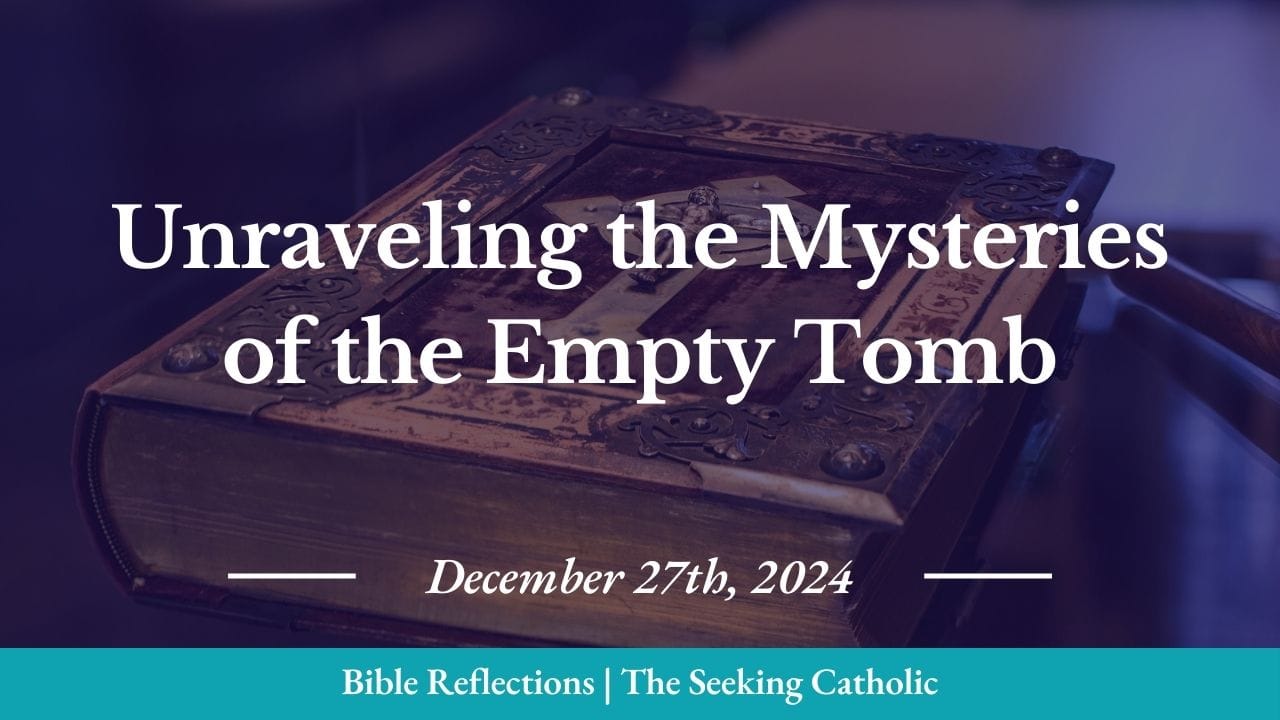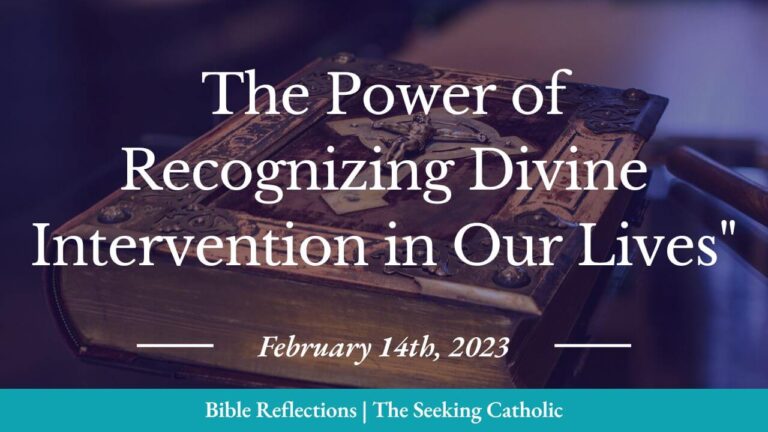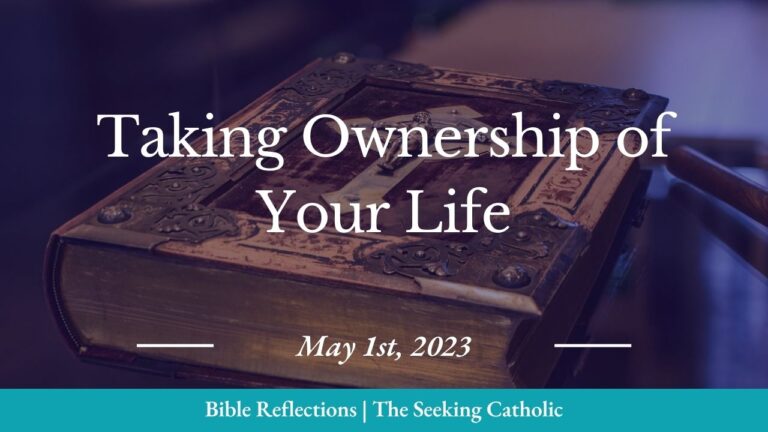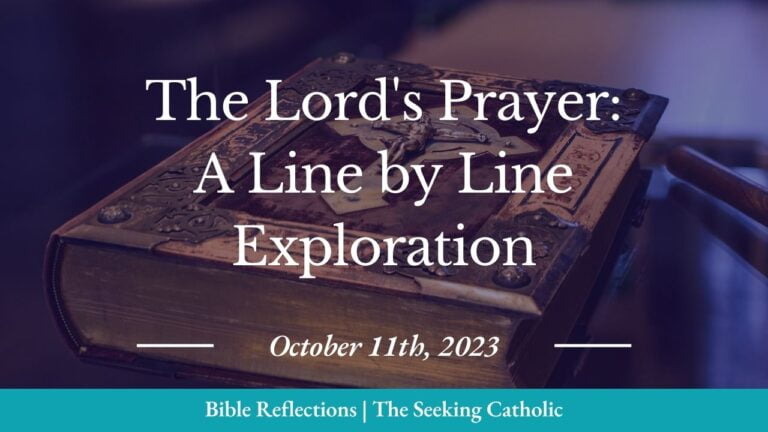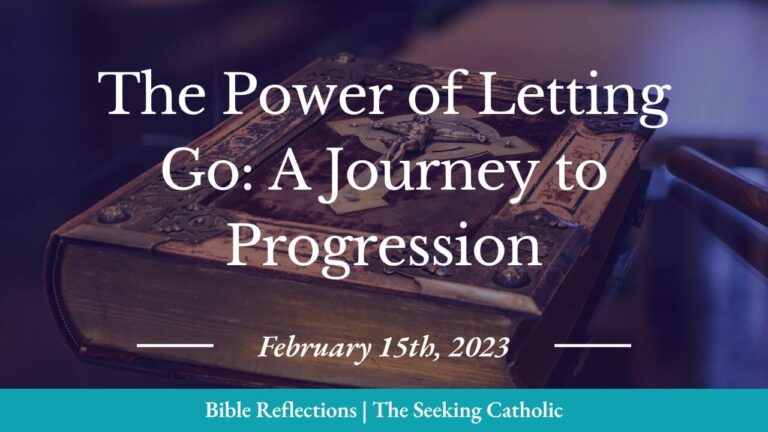Unraveling The Mysteries of the Empty Tomb
“Then the other disciple also went in, the one who had arrived at the tomb first, and he saw and believed.” Jn 20:8
Today, I’m passing along different theological ideas or interpretations of the Gospel reading that I find worth meditating.
Firstly, I don’t understand why John refers to himself as “the other disciple.” I suppose he was trying to avoid people thinking he was going for fame and glory since he describes himself as the disciples Jesus loved.
But why remained unnamed and proceed to share some nuanced details about the event? The getting to the tomb first, seeing the cloth and wraps to the side but then wait. Or, stating seeing and believing.
It’s an interesting choice of story telling which I’m sure has an explanation that I need to go research.
Secondly, recognize that it is a woman who choose to go to the tomb to check in on things at a time a chaos. The OGs are all hiding and trying to lay low.
Mary Magdalene had no social incentive to stick with the group. Women had little status in those days. She could have easily said “I’m done and I’m going to figure out a way to move forward.” Yet, she chose to visit the tomb and discovered the body was missing.
Thirdly, take note that John and Peter are the ones that go to the tomb. John gets there first but waits for Peter to be the first one to enter.
Two things come to mind here:
- Mary didn’t enter the tomb before others
- John gives hints to Peter’s role by letting him be the first one to see.
John’s gesture is an indication of Peter being considered the leader of them all. A foreshadowing of what today we call the Papacy. This seems to be an important highlight because “arrived at the tomb first” is mentioned twice: before Peter enters and after Peter sees the empty tomb. He could have used “the other disciple” or “the disciple Jesus loved” as he did previously.
Finally, there’s the issue with the head cloth being nearly folded away from the body’s burial cloth.
If the body was stolen, why would the cloths be there? Why not take everything? Not only were the cloths separate, but one was nearly rolled in a different place.
Where were the Roman guards? What about the massive stone in front of it?
No such operation happens without the guards knowing. No robber takes the time to nearly fold something before they leave.
Something else happened and it’s alluded to in verse 8 where John says he saw and believed. He may have not fully grasped the implication since the next verse states they didn’t know the Scripture that He must ride from the dead. But, something was odd about it all.
Many more things can be explored in these 161 words by John but I think we have enough to ponder for the next few days.
In peace,
~Juan

